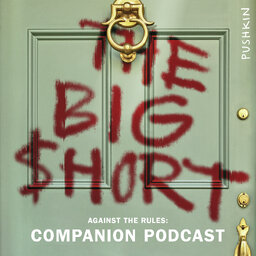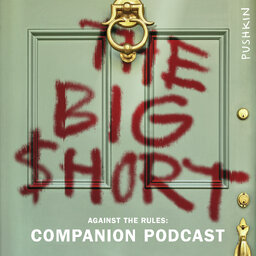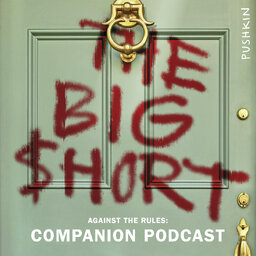Episode 3: Field of Ignorance
The right kind of expert, at the right time, can change everything. While working as a security guard at a pork-and-beans cannery in Kansas, Bill James started writing about baseball. But writing about it through the poetry of statistical analysis. It took a long time, but James's way of looking at the game changed more than just baseball.
If you’d like to keep up with the most recent news from this and other Pushkin podcasts be sure to sign up for our email list at Pushkin.fm.
Learn more about your ad-choices at https://www.iheartpodcastnetwork.com
In 1 playlist(s)
Against the Rules: The Big Short Companion
Michael Lewis’s best-selling book The Big Short is now 15 years old. The Oscar-winning movie based o…Social links
Follow podcast
Recent clips

From The Kink Machine: The Hidden Business of Pleasure
31:30

Live with Nicolle Wallace
40:31

Michael Burry Speaks
36:22
 Against the Rules: The Big Short Companion
Against the Rules: The Big Short Companion